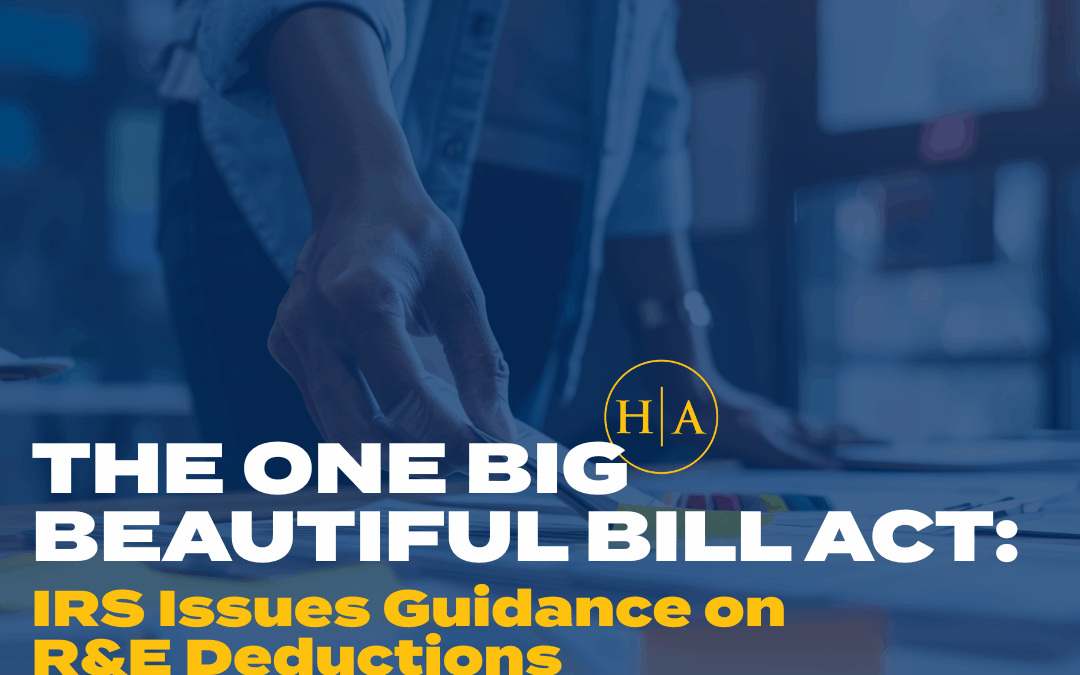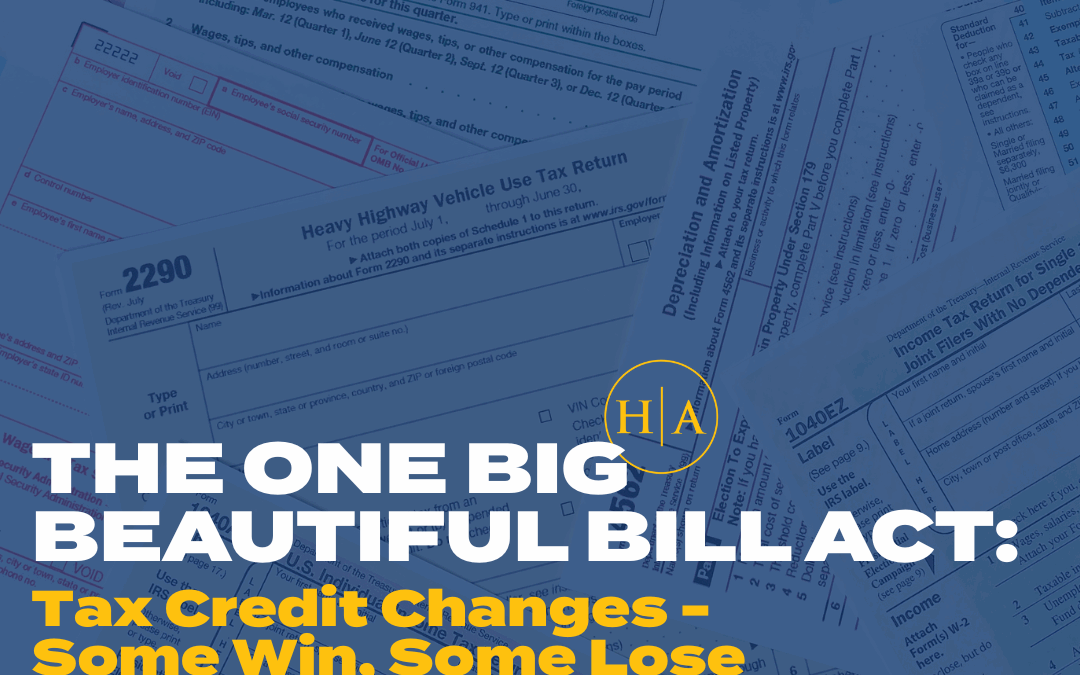Have you ever heard about the “gig economy? It’s also called the “side hustle,” and it’s just people earning money from nontraditional sources. When I was young (and I’m showing my age a little bit), we just used to call it “getting a second job.” You hear a lot about this, though, in what’s called the FIRE movement.
What is the FIRE movement …?
The FIRE movement is Financial Independence, Retire Early. There is a group of people out there that are not only working to pay their bills and buy things today, but they are actually working, actually spending less and looking to retire at very young ages. Internet podcasts are full of them, and even if you’re not planning on retiring early, they give a lot of good examples on how to save money.
So how does this relate to what you called earlier “the gig economy”?
People working in the gig economy—side hustle, second job, whatever you want to call it—are doing more than just getting that traditional second job; these people are self-employed, for the most part. They might be driving for Uber or maybe even Lyft. They’re renting out their homes, or maybe just a room in their house. They’re running errands for people, like grocery shopping and getting them food—especially during these last couple months; DoorDash, Uber Eats, things like that … pretty popular. Selling things online on eBay or Amazon, and then also just doing freelance work.
My guess is that you are going to bring this back to taxes …?
You know me well! All of this income has to be reported on a return, even if that person doesn’t get a traditional Form W-2 or 1099. This is income, even if you barter your services and you essentially trade your services for somebody else’s services; that’s income, too. And so, those types of income have to be reported on your return as a self-employed business.
So what should these individuals do if they are “working in the gig economy”?
Just like any other small businesses, the things that are important to do are:
-
- Number one: Keep really good records. Keep track of your income. Keep track of your expenses for the year. This is the only way you’re going to know what to report on at the end of the year and actually tell you whether you made money or not.
-
- For income, keep track of all payments received, because you’ll need to know the gross amounts. We generally say: Keep a separate checking account at the bank just for these incoming expenses, just to keep everything separate.
-
- And for your expenses, keep track of all your business expenses. I can’t tell you how many times that we’ve dealt with people, and although they have expenses that they should claim, they never save the receipts or they just don’t have a good record of the expenses, so they’re probably paying more taxes than they should.
-
- Keeping them in a spreadsheet or on a computer program is a really good idea.
- And if your income is high enough, you may even need to calculate and pay those quarterly estimated taxes that we’ve talked about in the past.
But in other words, you’ve got to treat this like any other business.
So—let me just ask the question—what do you do if you do not report this income?
So even though you don’t get maybe a Form 1099 or you don’t get that W-2, it doesn’t mean that the IRS doesn’t know about this income. That’s what we’re finding out a lot.
With a lot of things that happen in the gig economy, these things are happening on apps. So Uber, Lyft, eBay and even Airbnb … a lot of these things happen on apps, so they have a record of your gross income is. And if they are required to—and in many case they are—they have to give this information to the IRS, which means the IRS knows about this information, and if you don’t report it on your return, the IRS is going to ask questions.
This is the same kind of thing that happened with people that had virtual currency. People were buying and selling these transactions, and they thought it wasn’t traceable. But at the end of the day, it still went through some kind of clearing house, and that clearing house had the information, and so a lot of people got notices saying, “Hey, we know you did it, but you didn’t report it—come clean.”





